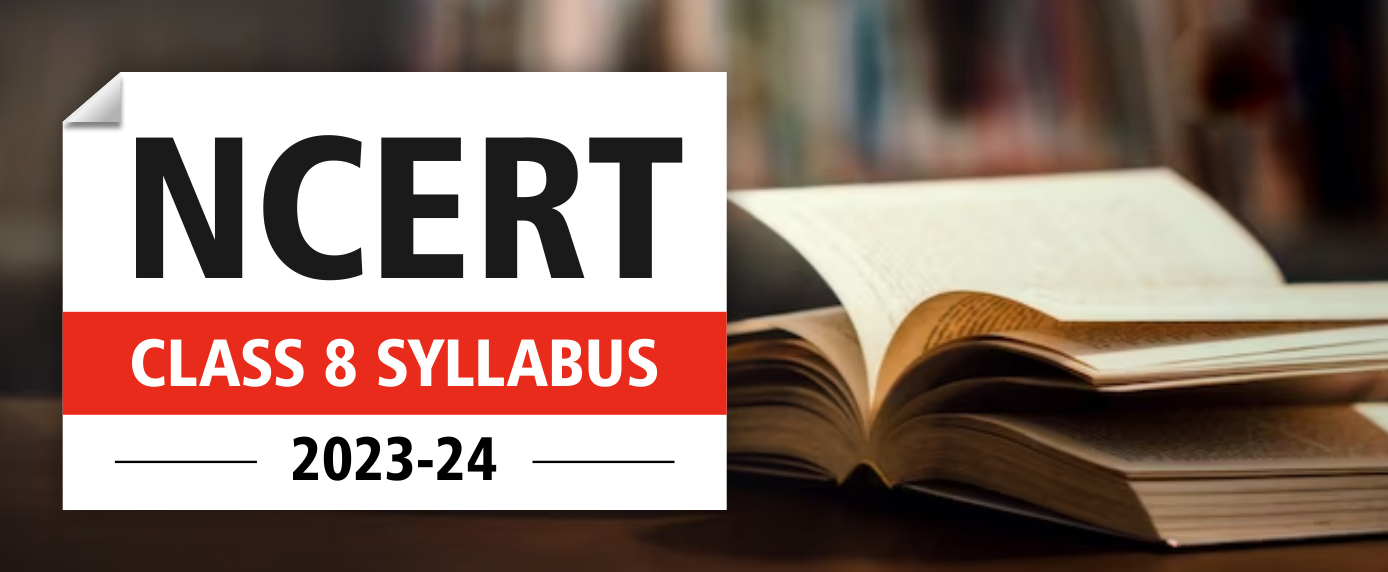The National Council of Educational Research and Training (NCERT) is making modifications to its curriculum in line with the National Education Policy (NEP). Now, in NCERT textbooks, ‘India’ will be replaced with ‘Bharat.’ This decision was taken by the 19-member National Curriculum and Teaching Learning Material Committee (NSTC). The proposal for this change has been approved by NCERT. One of the committee members, CI Isaac, stated that this proposal was put forward a few months ago and has now been accepted.
The use of the term ‘India’ began during the time of the Plassey War
On Wednesday, the committee’s chairman, CI Isaac, said, “The use of the word ‘India’ typically started with the East India Company and after the Plassey War of 1757. In contrast, the mention of ‘Bharat’ is found in ancient texts like the Vishnu Purana, which are over 7,000 years old. Therefore, the committee has unanimously recommended that the name ‘Bharat’ should be used in all classes’ textbooks.”
Classical history will also be taught now
He explained, “He said, “The British divided Indian history into ancient, medieval and modern. The term ‘ancient’ implies that the country was in darkness, as if there was no scientific awareness. There are many examples, including the work of Aryabhata on the solar system. We have suggested that classical history should also be taught alongside medieval and modern.”
Students will learn about victorious warriors, not defeated India
The committee has also recommended teaching about the victories of “Hindu warriors.” They said, “Currently, our textbooks include our defeats. But the victories against the Mughals and Sultans have not been mentioned. For instance, it is mentioned in the books that Muhammad Ghori invaded India. However, it is rarely mentioned that the indigenous tribes had killed him before he left India.”
They also suggested the inclusion of the Indian Knowledge System (IKS).

